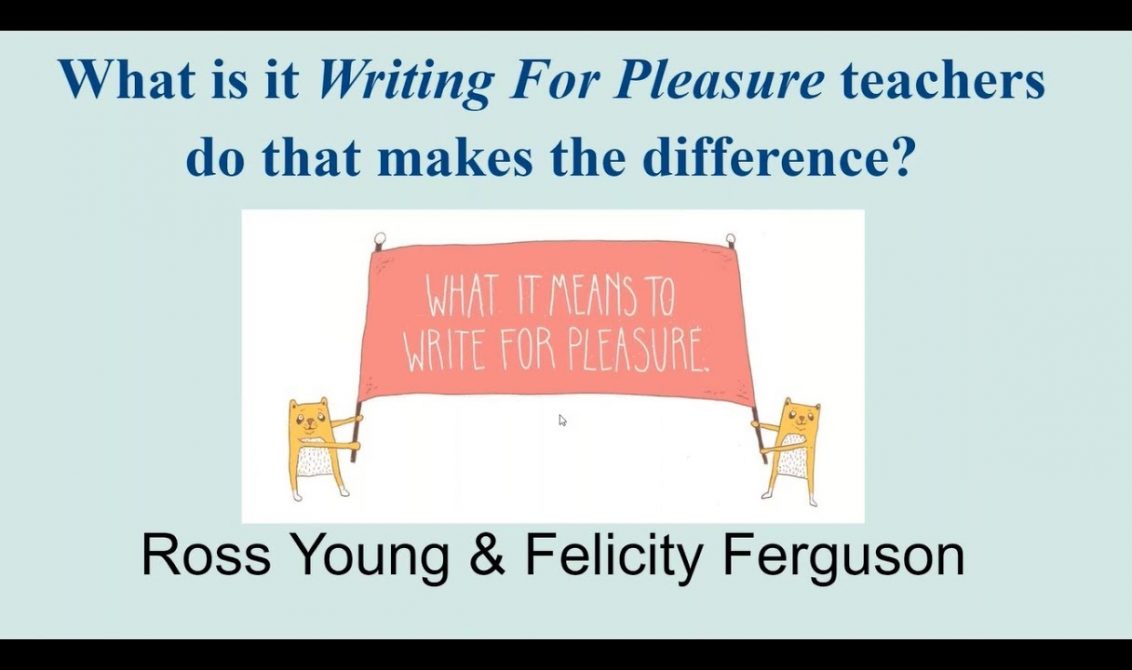
What to do tomorrow
- Pupil conferencing – sit next to a child and ask how their writing is going. Engage them in a conversation about what they are writing about.
- Leave 10-15 minutes at the end of a writing lesson to let children talk together about their writing and share ideas.
- Get children to stop midway through their writing, re-read it to themselves and then share it with a partner, before continuing on their own.
- Ask your children what they need mini lessons on – what are they struggling with? What do they need more help on? That’s your planning for next week done!
- Give children a personal writing journal that they can take home with them and bring back into school – something they own.
- Become a ‘writing’ teacher yourself and just write your own story at home or with the students.
- Read aloud to your class EVERYDAY.
What to do next week
- Begin using a consistent, daily routine of mini lessons, writing time and class sharing. Ensure that what you teach in the mini lesson can be trialed by the children in class.
- Timetable at least one hour next week for children to pursue their own personal writing projects.
- Allow 10 minutes at the end of independent reading time for children to write. Research shows it helps with reading comprehension but also improves their writing skills!
- Encourage children to collect words, phrases, ideas to store in their personal project books.
- Gather your children on the carpet and show them your own personal writing journal – share your difficulties and challenges with them and get them to help you so they can see that real writers have challenges too.
What to do next month
- When you start the personal writing projects let the children know when the publishing day…what’s the purpose and the audience they are writing for.
- Look at exempla texts and different pieces of writing – like magazines. Get children discussing in class and rate what they think is a good piece of writing.
- Invite children to generate their own ideas to use in class writing projects.
- Set deadlines, encourage children to proof-read and get projects ‘reader ready’ for publishing days.
- Create a writing community feel in the classroom – which feels like a mixture of creative writers workshops and a publishing house!
- Celebrate publishing days – invite the parents in and celebrate with them.
- Start teaching responsively with mini lessons. Respond to what you’re noticing your children are struggling with or may need more help on.
And finally, what can you incorporate into your planning for next year?
- Alongside a programme of class writing projects, plan personal writing project weeks. These are blocked weeks where children can focus on personal writing, they have a deadline and children are encouraged to not only work in school but take home and continue their learning and their writing beyond school.
- Collect great examples of children’s work this year that you can use next year for children to look at and improve on. Children respond to work that has been done by someone of the same age.
- Share your own exemplar texts that you have learnt from. Discuss why you liked it and what you’ve learnt from it.
- Set up your own writing groups in school.
- Encourage children to write in personal responses to their own writing. Regularly monitor children’s feelings on writing using interview style questions.
These are taken from Ross and Phil’s webinar on ‘What is it Writing for Pleasure teachers do that makes the difference?’. The recording of this webinar can be found here.
Ross and Phil are also the authors of our brand new writing programme, Power English: Writing. It’s a new, dynamic and evidence-based writing approach which is genre-focused and encourages children to write for pleasure. Sign up for a 60-day free trial here and try it out with your class today.

